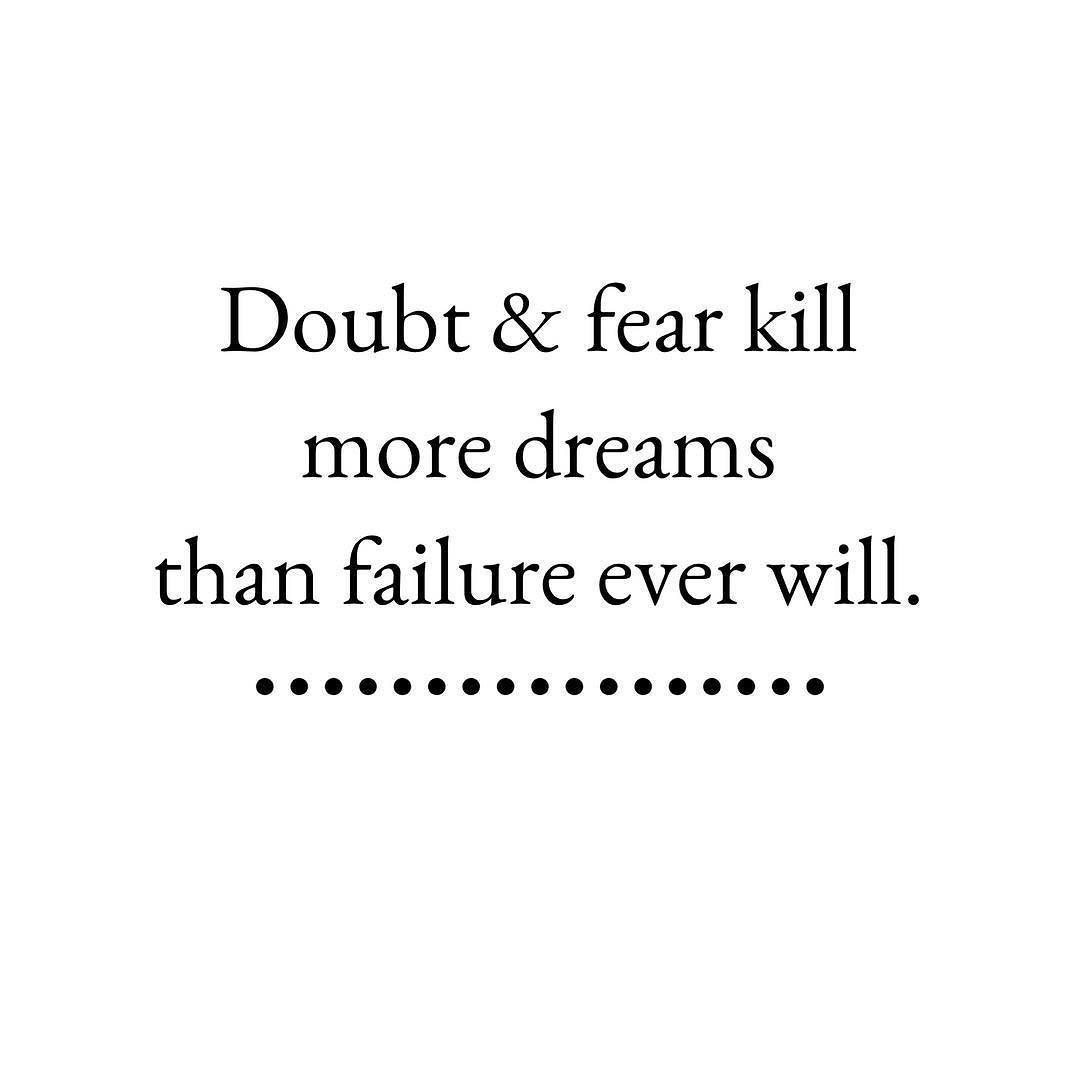So often educators tell me that they are afraid to fail. I have been pushing to better understand what this really means to individuals and what exactly they are afraid of in hopes that we can assuage some of this fear to effectively move forward.
Here are some things that many of us (myself included) are afraid of:
- Not knowing how it will turn out.
- Someone seeing a somewhat chaotic learning environment or a lesson that doesn’t go according to plan.
- Students struggling in the process
- Being judged by your peers, parents, admin, students…
- Not getting through the curriculum
- Students not being “prepared” for the next grade
- Not having all the answers
The list goes on and on…
I get it. These are real concerns. There is no guarantee that everything will go according to plan but I think the bigger issue is that maybe the plan isn’t actually the best way to go. As a teacher, I had a plan but as soon as the students showed up, I would have to adapt to who was in the room and deal with the fact that even my best plans weren’t always going to hit the mark. I have been in enough classrooms over my career to know that I wasn’t the only teacher to not have everything go as planned and that lessons and plans “fail” regularly in school whether we admit it or not. What is perfect for one may not meet the needs of another and what worked on Monday doesn’t always work on Tuesday. I often worry about these things when I lead professional learning sessions and work with districts on implementation plans that rarely go exactly as I had planned but this isn’t failing to me, if you are open to it, it’s a great learning opportunity to better understand and move forward.
So, what is failure?
As I think about what I want for my kids and all kids, I have been thinking a lot about what it means to fail. The more I think about this the more I realize that failure, to me, is that zip codes can predict test scores, the tutoring industry outside of the school day is a goldmine, and student engagement and motivation decline rapidly in school. Failure is that more kids are ill-prepared for the workforce and young people are increasingly underemployed and plain lost and that high-stakes standardized accountability systems so often are at odds with authentic learning.
I challenge you to ask, What are we really afraid of?
We say we are afraid of failing but by many measures we already are. Not for lack of trying or love of our students or really hard work. Educators around the country are working harder than ever but I wonder if sometimes we are getting better at the wrong things. Our system was designed for a different era and as a result, is failing many of our students today. Russlynn Ali’s argues in her article, The New “New Education in the Atlantic that,
To thrive in a complex, quicksilver world, high-school graduates need to be more adaptable than they were 50 years ago. Yet American public high schools are not teaching our teenagers what they need to learn. More than half a million students drop out every year, and $1.3 billion is spent annually on college remedial courses by high-school graduates and their families. Educators systematically underestimate even the most highly capable low-income students and students of color, and fail to challenge them. And across the United States in the past year, there have been seven teachers’ strikes, largely cheered by the general public, with more planned. These are clear signals that our current system is faltering. At the same time, families and educators increasingly recognize that America’s public schools need to change.
In order to redefine success, we might have to also have to confront what it really means to fail. If we are really afraid of failing our students, our communities, our country, we would be relentless about looking at the learners we serve, evolving our pedagogical practices and creating the systems and policies that support a more holistic view of success that aligns with the world we live in and ridding them of ones that impede authentic learning, growth, and innovation.



0 Comments